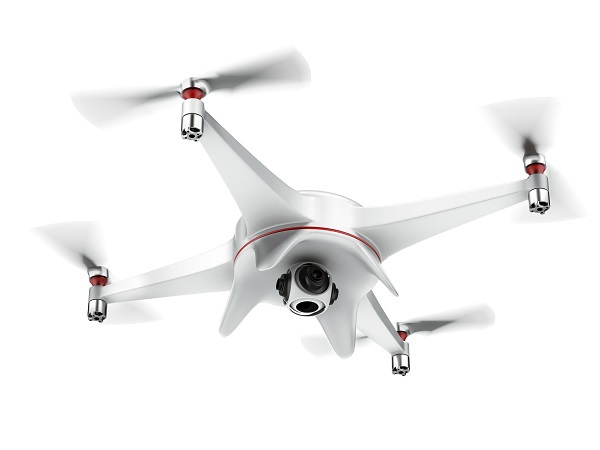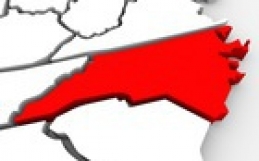The North Carolina Department of Transportation (NCDOT) has issued a reminder about drone flying guidelines as drones continue to cause safety and privacy concerns across the country. Two new laws went into effect in North Carolina on December 1, 2017 that address the safety and security issues that have arisen due to the increasing use of drones, also known as Unmanned Aircraft Systems (UAS). The new laws follow DOT rules and Federal Aviation Administration laws about where people can and can’t fly drones and other private aircraft.
According to WRAL, House Bill 337 revises existing state drone laws to clarify that UAS laws will now apply to model aircraft as well. House Bill 128 prohibits drone use near (within a horizontal distance of 500 feet or a vertical distance of 250 feet) prisons, jails and any other correction or containment facility.
The new laws also make it easier for emergency management agencies to use drones for all activities related to emergency management, removing restrictions on the use of special imaging technology. This allows private and commercial operators to assist law enforcement with emergency management efforts such as search and rescue operations.
The website dronethusiast.com offers UAS owners and other fans of the vehicles a rundown of “Drone Laws in North Carolina.” It emphasizes that the Federal Aviation Administration (FAA) requires that all small Unmanned Aircraft Systems (UAS) owners follow strict regulations. Drone owner/operators must obtain a Certificate of Aircraft Registration and Proof of Ownership that include your aircraft’s identification. number. You must be at least 13 years old in order to register.
The restrictions on drone flight in North Carolina include, among others:
No person, entity, or State agency shall use an unmanned aircraft system to conduct surveillance of:
• A person or a dwelling occupied by a person and that dwelling’s curtilage [land surrounding it] without the person’s consent.
• Private real property without the consent of the owner, easement holder, or lessee of the property.
It is unlawful to photograph an individual, without the individual’s consent, for the purpose of publishing or otherwise publicly disseminating the photograph. (Exceptions to the photography rule include newsgathering, newsworthy events, or events or places to which the general public is invited.)
For more information on drone and UAS safety rules and laws, visit the NCDOT website at https://www.ncdot.gov/aviation/uas/.
Richard Manger, principal of Manger Law Firm, has extensive experience in litigation and settlements, with a focus on workers’ compensation and personal injury law. We are proud of the strong relationships of loyalty and trust we develop with our clients. We go above and beyond to achieve the best possible outcome in your case. You can contact Richard Manger via email at ram@mangerlaw.com, or by calling (336) 882-2000.






